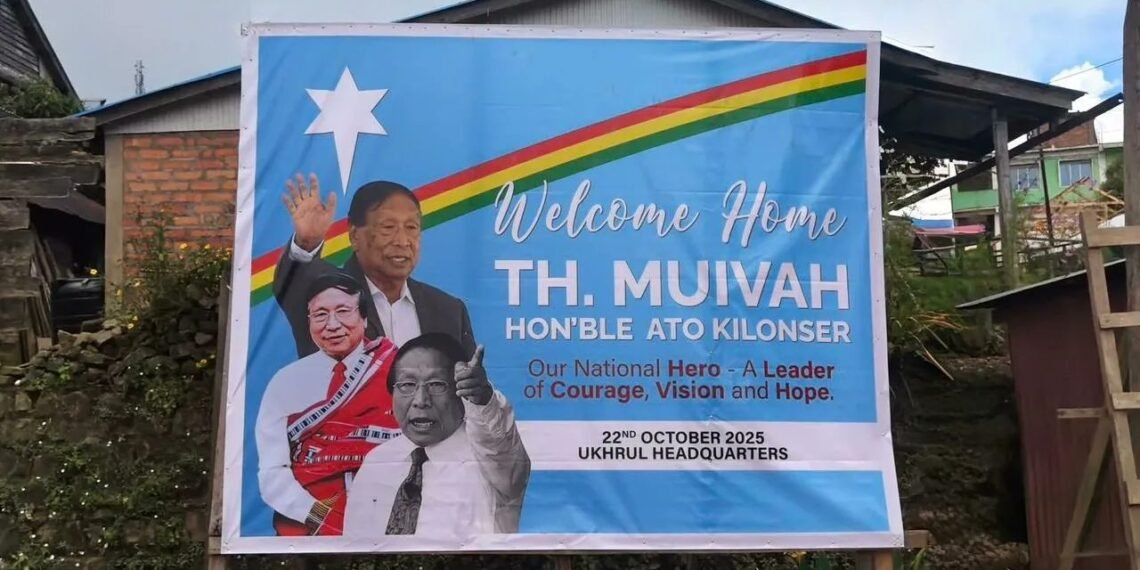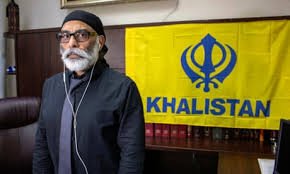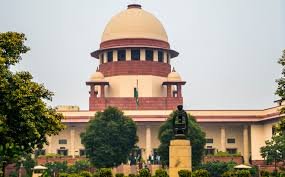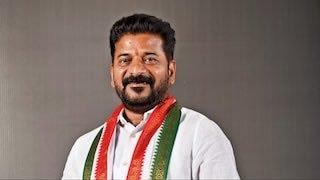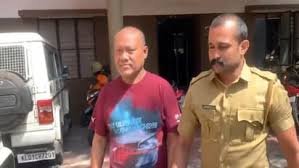Massive preparations underway in Ukhrul as schools shut and security forces fan out along key routes. Thousands expected to attend the event.
BY PC Bureau
October 21, 2025: In Manipur’s Ukhrul district, a rare and historic homecoming is under way. Thuingaleng Muivah, 89, the veteran Naga rebel leader and General Secretary of the National Socialist Council of Nagalim (Isak-Muivah), is set to return to his native Somdal village on October 22 — his first visit in over five decades. Muivah, who fled Manipur in the 1960s as the Naga insurgency gathered pace, has spent most of his life in the underground movement, shaping one of India’s longest-running armed struggles.
His return, delayed by war, exile, and faltering peace talks, comes at a time when Manipur remains scarred by fresh ethnic divisions. For many, the visit represents a moment of reflection — not just for the Naga community, but for a state still wrestling with the ghosts of its insurgent past.
Preparations: A Hill Town on Alert and a Village Transformed
Somdal village, a cluster of thatched-roof homes nestled in the Naga heartland, has transformed into a hive of activity in the lead-up to Muivah’s arrival. Preparations, as reported by local media outlets, evoke a blend of cultural reverence and logistical fervor. Volunteers from the Tangkhul Naga community—Muivah’s own ethnic group—have been cleaning ancestral paths, erecting bamboo welcome arches adorned with traditional motifs, and rehearsing folk dances and hymns in his honor.
The volunteers are setting up open-air pavilions for an expected turnout of thousands. Cultural troupes from nearby villages have arrived for rehearsals, and church choirs have been practising hymns that will accompany Muivah’s entry procession.
Across Ukhrul district, schools and offices have been closed for two days, traffic restrictions are in place, and security forces have stepped up patrols along the Imphal–Ukhrul highway. State officials say more than 1,000 personnel from the Manipur Police and Assam Rifles are being deployed to manage crowds and ensure law and order.
READ:
“Welcome Home” carries weight beyond ceremony.
For many in Nagaland and Manipur, Th. Muivah’s return to Somdal is not just a homecoming — it reopens old memories, old hopes, and old fault lines.The real question is whether this moment leads to reconciliation — or becomes… pic.twitter.com/XgDAIzFr0d
— Vantage Monitor (@Vantagemonitor) October 17, 2025
The Tangkhul Naga Long and Tangkhul Shanao Long have coordinated logistical and cultural arrangements, while the NSCN-IM’s local liaison units are overseeing security and hospitality. Community kitchens are being set up to serve traditional dishes to visitors and dignitaries expected from Nagaland, Assam, and Mizoram.
Security measures underscore the event’s gravity. Manipur Police and paramilitary forces have cordoned off key routes, with checkpoints dotting the Imphal–Ukhrul highway. NSCN-IM cadres, operating under a 1997 ceasefire with India , are coordinating logistics to ensure Muivah’s convoy—a modest fleet of SUVs—from the group’s Hebron camp in Nagaland crosses seamlessly.
READ: From Hope to Havoc: How Tejashwi and Rahul’s Rift Sunk INDIA Bloc’s Bihar Plan
Local leaders, including representatives from the Tangkhul Shanao Long (TSL), have organized feasts featuring smoked meats, fermented bamboo shoots, and rice beer, symbolizing communal bounty.
This is no ordinary visit. Muivah, now 89 and frail from years in exile, will reportedly spend the day at his childhood home, offer prayers at the village church, and address a gathering of thousands. The event’s scale—expected to draw Naga diaspora from across India and abroad—signals a bid to reclaim cultural roots while gesturing toward a thaw in long-frozen relations.
The Silence of the Kuki-Zo Community: A Muted Echo in the Hills
Amid the Naga jubilation, a conspicuous quiet emanates from Manipur’s Kuki-Zo hill communities, whose lands border Ukhrul and whose history with the NSCN-IM is etched in blood. The Kuki-Zo, comprising tribes like the Thadou and Paite, have borne the brunt of Naga expansionism, with clashes over territory dating back to the 1990s. Muivah’s group has long claimed swathes of Kuki-inhabited areas as part of a “Greater Nagaland,” fueling cycles of violence that displaced thousands.
In recent days, Kuki-Zo voices on social media and in community forums have been notably subdued. This tempered tone reflects wariness rather than outright hostility.
Kuki leaders, reeling from the 2023 Meitei–Kuki ethnic clashes that killed over 200 and displaced 60,000, appear focused on rebuilding rather than reigniting old feuds. Prominent Kuki-Zo civil society organizations have issued no formal statements—a silence interpreted by analysts as strategic restraint: neither endorsement nor condemnation, but a deliberate sidestep to avoid derailing ongoing peace dialogues.
Ibobi Singh’s Preemption: Echoes of a 2010 Standoff
The ghosts of 2010 loom large over this homecoming. Fifteen years ago, Muivah’s planned “home visit” to Somdal ignited a firestorm, thwarted by then–Chief Minister Okram Ibobi Singh’s unyielding opposition. As head of a Congress-led government, Ibobi—champion of Manipur’s territorial integrity—viewed the trip not as a personal pilgrimage but as a veiled political maneuver to bolster NSCN-IM’s sovereignty claims.
Ibobi’s preemption was swift and multifaceted: security alerts barred Muivah’s entry, valley-wide shutdowns paralyzed the state, and at least nine lives were lost in ensuing clashes between Naga and Meitei protesters.
The episode exposed Manipur’s fault lines—Nagas decried it as cultural suppression; Meiteis hailed it as a bulwark against secession. Today, with Ibobi long out of office and Manipur under BJP rule, the contrast is stark
The Deeper Significance: Reconciliation or Rekindled Tensions?
Muivah’s return transcends sentiment; it is a seismic shift in Northeast India’s insurgent calculus. As NSCN-IM’s Ato Kilonser (prime minister), he has helmed stalled Framework Agreement talks with India since 2015, demanding an elusive “Nagalim” that carves across state lines. His Somdal sojourn—framed by supporters as a “historic” nod to roots—signals introspection: at 89, Muivah, who co-founded the group amid the 1963 Naga rebellion, embodies the insurgency’s twilight.
In a region where peace hangs “by a thread,” as one post laments, Muivah’s steps on Somdal soil could either sow seeds of closure or unearth buried mines.
As the sun rises over Ukhrul tomorrow, all eyes will be on this prodigal son. Will his return heal half a century’s wounds—or merely bandage them? In Manipur’s eternal hills, history rarely offers tidy endings—only the next chapter.



